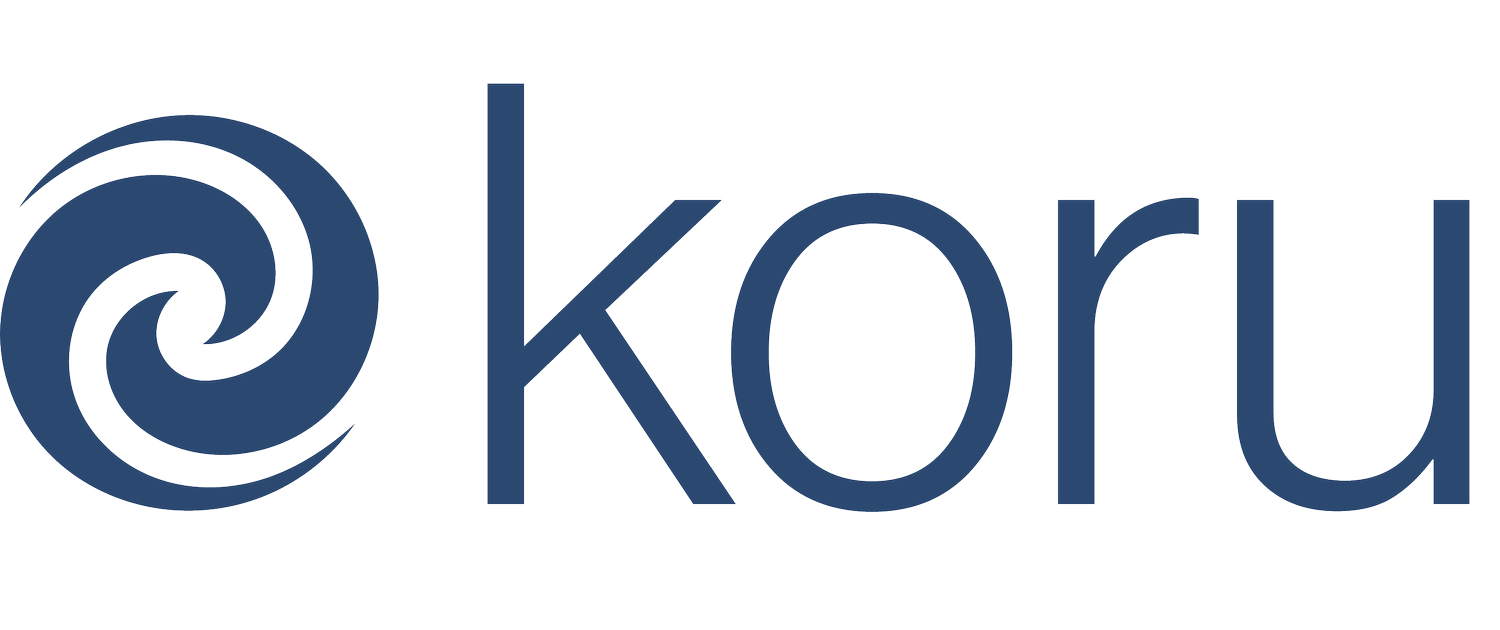Economic Equity through Business: How Koru Supports Social Inclusion in the Corporate World
In the global quest to achieve economic equity, the role of businesses is increasingly significant. As the interconnectedness of our world becomes more evident, the business sector's responsibility extends beyond profit-making to fostering inclusivity and fairness. In this context, Koru emerges as a key enabler, offering tools and strategies to drive social inclusion within the corporate environment. This blog post aims to delve into Koru's contributions to promoting economic equity and how it empowers corporations to become agents of change.
Economic equity and social inclusion are the foundations of a just and balanced society. Economic equity refers to the fair distribution of wealth, opportunities, and privileges within a society, while social inclusion is the process of improving the ability, opportunity, and dignity of people disadvantaged on the basis of their identity. Businesses have a crucial role to play in promoting both, whether it's through fair employment practices, supporting diverse suppliers, or investing in community initiatives.
Koru's Role in Promoting Economic Equity and Social Inclusion:
Koru, as a platform service, goes beyond conventional business norms to stimulate economic equity and social inclusion. It enables businesses to streamline their corporate impact initiatives, leveraging AI-powered analyses and partnership tools to make a difference. Here's how Koru is making an impact:
Unearthing Diverse Partnerships: Through Koru's platform, businesses can connect with a variety of impact organizations that align with their values and objectives. These partnerships often lead to collaborations that directly support marginalized communities, fostering economic equity and social inclusion.
Prioritizing Unrestricted Funding: Koru encourages its users to avoid funding restrictions, offering recipients the freedom to innovate, build, and ultimately create positive change. This flexibility often benefits underprivileged groups, as impact organizations can use these funds in the areas where they're most needed.
Simplifying the Process: By making the partnership process quick and easy, Koru reduces barriers for impact organizations, many of which may operate with limited time, personnel, and budget. This accessibility is vital for smaller or less-established organizations working towards social inclusion.
Empowering with AI-Powered Analyses: Koru's AI-powered analyses allow companies to understand their environmental, social, and economic impacts better. With this knowledge, businesses can prioritize initiatives that foster economic equity and social inclusion within their communities.
In a world where economic disparities continue to pose significant challenges, the role of businesses in fostering economic equity and social inclusion is more critical than ever. By bridging corporations with impact organizations and offering tools to understand and enhance their social impact, Koru is playing a pivotal role in this endeavor. With Koru, businesses can become more than profit-making entities; they can become crucial change agents contributing to a more equitable and inclusive society.
